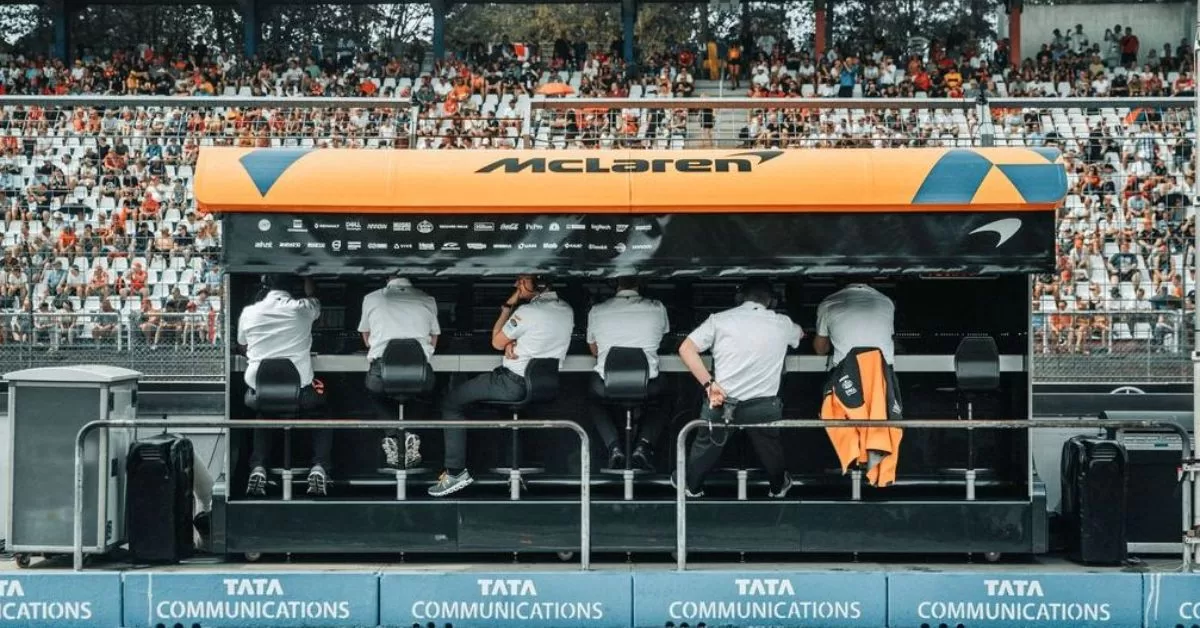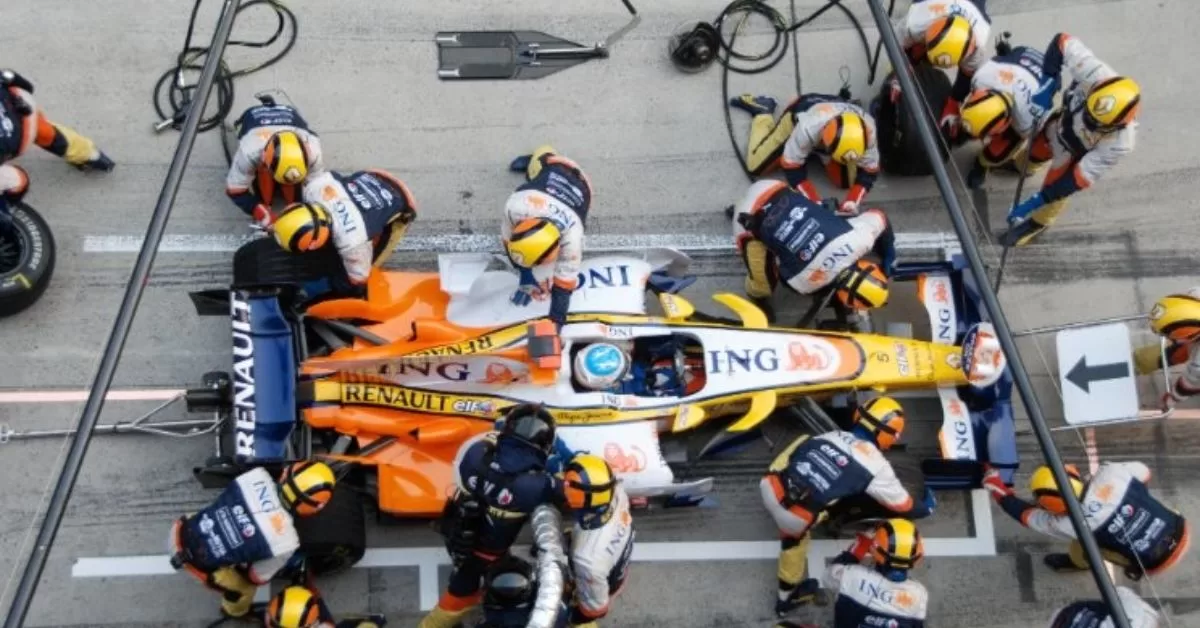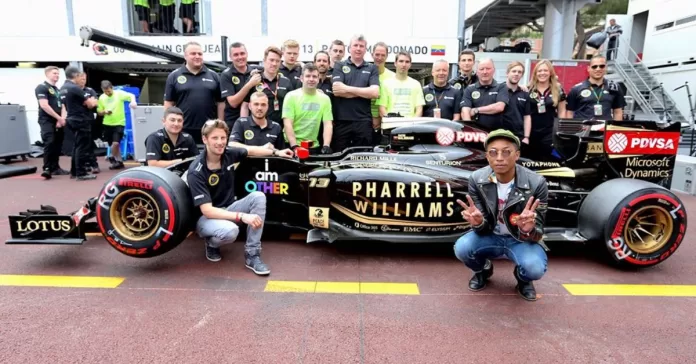Formula One racing is a captivating sport that combines cutting-edge technology, lightning-fast cars, and exceptional driving skills. While individual talent certainly plays a role, the significance of team dynamics within the sport cannot be overstated. This article delves into the various aspects of team dynamics and how they contribute to success in Formula One racing.
YouTube cc: @redbullracing
Cohesion lies at the heart of any successful Formula One team. Effective communication and collaboration are essential with each team consisting of drivers, engineers, mechanics, and strategists. Team members must be aligned with a shared goal and work cohesively, seamlessly exchanging information and feedback. By fostering a strong sense of cohesion, teams can maximize their performance and gain a competitive edge.
Trust, Reliability and Strategies in Formula One Team
In the high-pressure world of Formula One, trust and reliability are critical. Trusting relationships between drivers and their crew are fundamental to success on the track. Drivers rely on their team’s expertise to provide accurate feedback, make data-driven decisions, and execute precise pit stops. Likewise, the team depends on the drivers’ skill and instinct to manoeuvre the car flawlessly. A cohesive and trustworthy team allows drivers to push their limits, knowing they have unwavering support behind them.

Strategy plays a pivotal role in the outcome of a Formula One race. Teams meticulously analyze data, study competitors’ performances, and develop race plans to optimize their chances of victory. Pit stop strategies, tire choices, fuel management, and timing require precise team coordination. Seamless teamwork allows for split-second decision-making, ensuring that every move on the track aligns with the overarching strategy.
Formula One racing is renowned for its unpredictability, demanding teams to be agile and adaptable. Changing weather conditions, unexpected accidents, or technical failures can disrupt the course of a race. In such situations, the ability of a team to swiftly adjust tactics, alter pit-stop strategies and respond to unforeseen challenges can make all the difference. A team that can adapt on the fly is more likely to turn adversity into opportunity.
Continuous Improvement: The Drive for Excellence
To stay ahead in the highly competitive world of Formula One, teams must continuously strive for excellence. Team dynamics play a crucial role in fostering a culture of improvement and innovation.

From analyzing race data to fine-tuning car performance, each member contributes their expertise to enhance the team’s overall performance. Regular feedback, shared learning, and open communication enable teams to identify weaknesses, learn from mistakes, and refine their approach for future races.
READ MORE: Hosting a Formula One Grand Prix: Economic Impacts and Logistics
In the fast-paced world of Formula One racing, teamwork is the fuel that propels success. Cohesion, trust, strategy, adaptability, and continuous improvement form the core pillars of effective team dynamics. From the driver’s cockpit to the pit crew’s meticulous planning, every team member plays a vital role in achieving victory. By understanding and harnessing the significance of team dynamics, Formula One teams can strive for excellence and reach new heights in this exhilarating sport.


